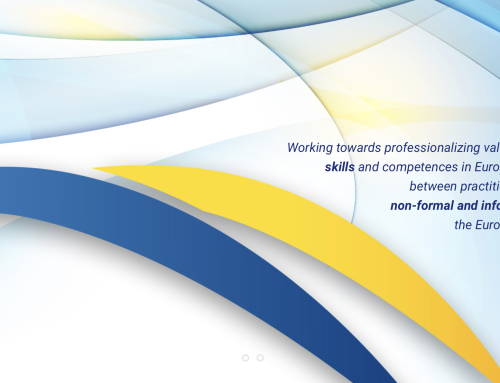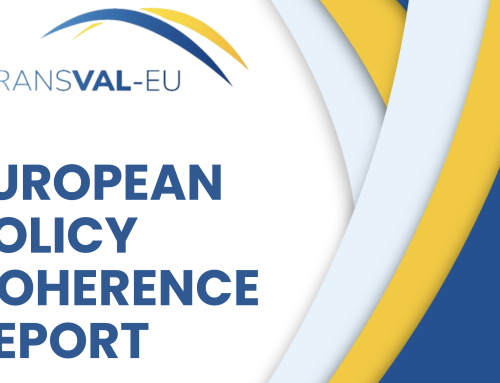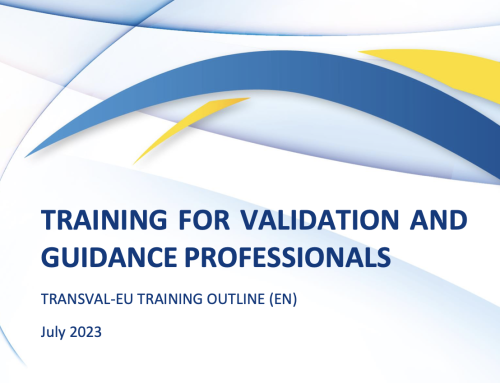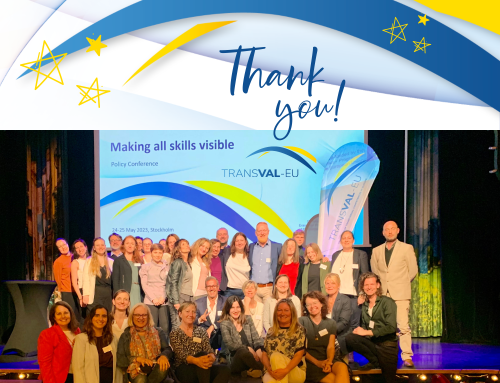In March 2022, there were two international conferences held by the Lithuanian Qualification and Vocational Education and Training Development Centre (KPMPC), dedicated to the recognition of the competencies gained in non-formal and informal ways, mainly through work experience. Both conferences were addressed to teachers and trainers, but also administrations of Vocational Schools, associations of employers in various sectors, Labor exchange offices, Career guidance professionals as well as job seekers.
The first conference “Transversal competencies in Vocational Education: Situation, Demands and Perspectives” was held on the 3rd of March, 2022. Professor James Joachim Calleja from Malta opened the discussion on the European perspective of transversal competencies in the world of work and what the Vocational Education and Training (VET) sector can supply in this regard. The participants of the conference – mainly representatives from the schools and construction sector admitted that the formal programmes in VET schools are not tailored enough and even the final assessment methodic does not include the assessment of transversal competencies. The Vice Minister of Education and Sports, Dr. Agnė Kudarauskienė presented several significant initiatives on transversal competencies within the formal programmes of Vocational Education and Training.
The second conference, held on the 4th of March, “Mastery acquired at work place: recognition and opportunities for business” was oriented towards the urgencies of the employers in the business sector, where, in certain activity sectors, there is a rather big employers-driven demand for the validation of the non-formally acquired competencies. The international expert in qualifications and credentials Ms Anastasia Pouliou from Greece was invited for the discussion on the Validation and Qualification frameworks, being the starting point in developing the validation procedures. Validation experts and representatives of the world of work exchanged their ideas and initiatives on validation procedures, emphasising the great importance of transversal skills, as well as discussing the complexity and challenges of their assessment.
The results of the TRANSVAL-EU project were presented and discussed in both conferences as a good practice.




